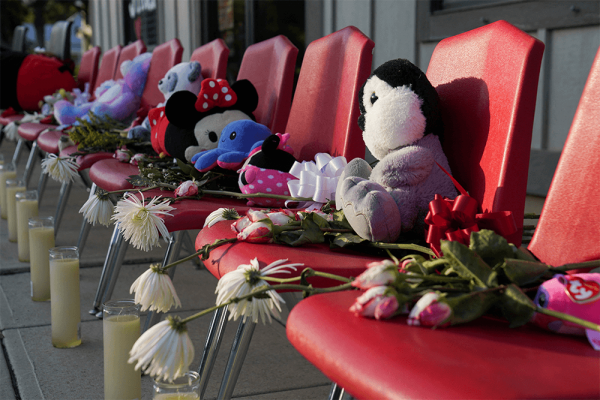Jun 2, 2022
Four days. That’s how long researchers have found that people’s sadness and outrage last after each major gun massacre in America. Perhaps this is our own defense mechanism kicking in or maybe we have become far too desensitized to this time loop of horrific gun violence. But anger that dissipates after four days dishonors the lives that are stolen. Four days isn’t enough time to sufficiently process and grieve. And it’s not nearly enough time to galvanize the political will necessary to overcome political fecklessness, particularly the degree to which the GOP remains captive to fierce advocates for gun rights.
Read the Full Article

Already a subscriber? Login
